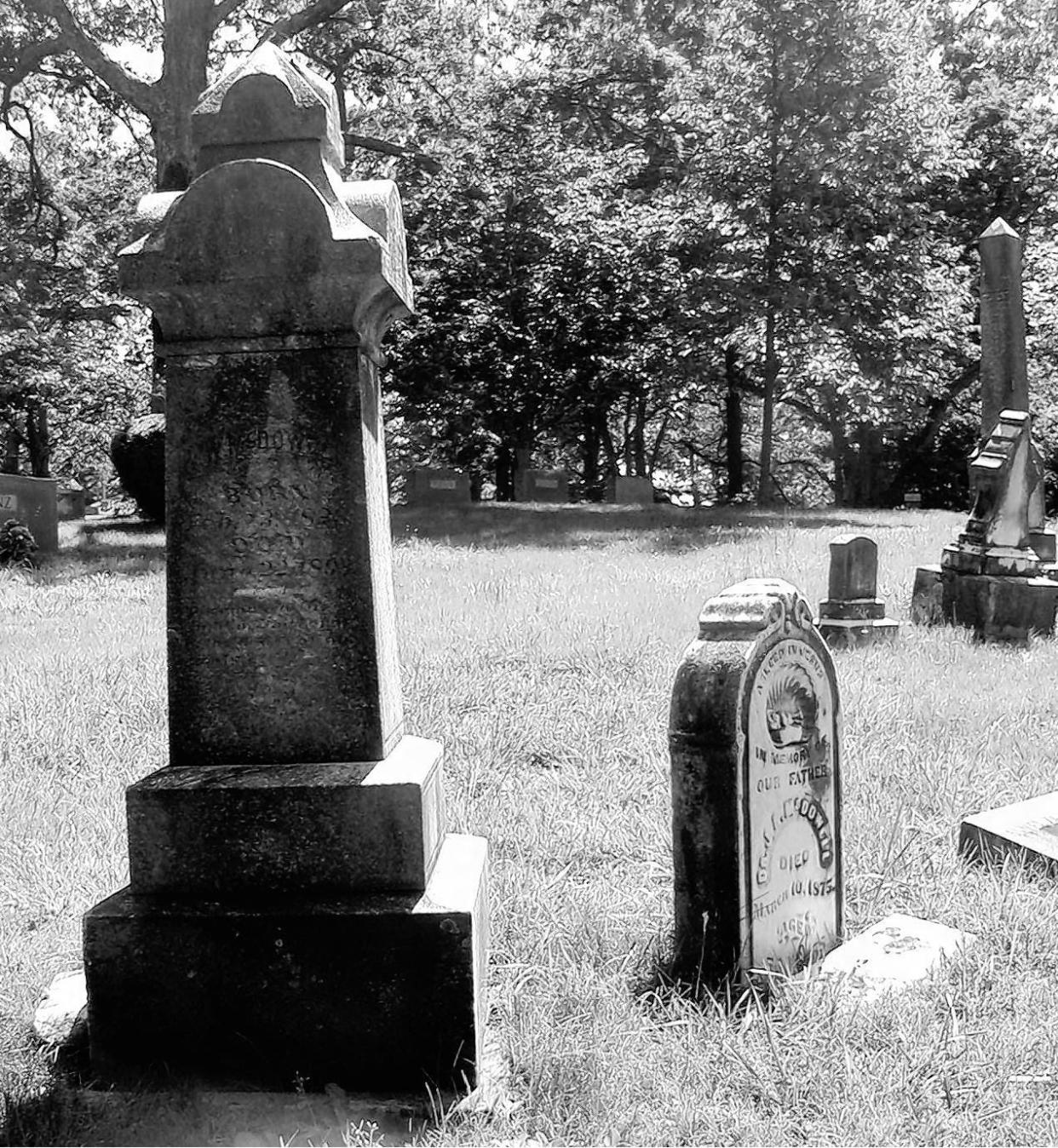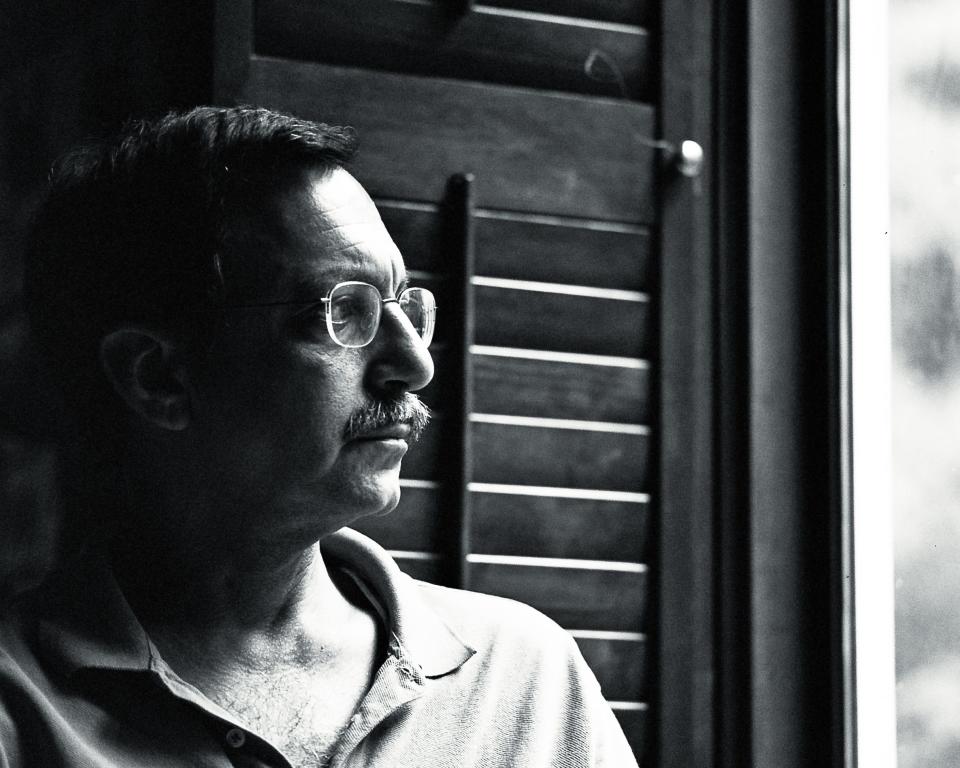Visiting Our Past: William W. McDowell's life is a history hampered by dead ends

I've been to his gravesite, checked into archives and checked with family members — and I still can't find much of substance about William Wallace McDowell. Born at Pleasant Gardens, McDowell County, 1823, he died 1893 in his South Main Street home, Asheville.
Standing at his grave monument, worn to near illegibility in Riverside Cemetery, one finds oneself in talking distance of Theodore F. Davidson, whose positions in life included assistant adjutant-general to Gen. Robert Vance, Confederate commander of Western North Carolina.
Davidson was just 16 when, on April 16, 1861, a few days after the firing on Fort Sumter, he signed up as a volunteer in Capt. W.W. McDowell's militia, the Buncombe Riflemen.
The history of the Riflemen, the first soldiers to march out of Asheville, has been mostly lost to tide and time. But in 1928, Davidson discovered a copy of the roster — a yellowed clipping — in a scrapbook created by Fannie Morrison Greenlee. Ninety men are named.
I'd like to follow the trail of every one of those boys. They were among the most enthusiastic home defenders. What were their backgrounds and their fates?
One of them, William Worley, of Sandy Mush, told of capturing the first Union prisoner of the war after the Battle of Big Bethel in Virginia. His account is noted in an old newspaper article and was part of a Confederate Memorial Association compilation that I can't find.
Looking at the gravestones extending up and down hills in Riverside Cemetery, I'd like to know every one of those stories, too. A few groundswells away from McDowell lie Oteen veterans, African Americans and paupers. If the famous are hard to remember, what about the obscure?
McDowell had been familiar with the disenfranchised and the poor. In 1857, he was elected Warden of the Poor in Asheville, and was known for charity. He owned 40 slaves. Having married Sarah Lucinda Smith, daughter of James McConnell Smith, he eventually took charge of his father-in-law's house (now the Smith-McDowell House Museum), and added to his huge farm.
When the war ended, McDowell — made a major in 1862 — faced unusual circumstances. He hired some of his former slaves as workers and gave them land in what is now Kenilworth. Though cash-strapped, he became more land-rich and then had to sell off one piece of property after another in order to pay off debts.
It would be instructive to know McDowell's story, told in his own voice. Much of the documents pertaining to his last decade involve legal wranglings over who gets what first. His obituary tells of his recovery from an illness,
"He was feeling much better, and was talking to and caressing one of his grandchildren," a friend recalls. McDowell then walked into another room, where his face was suddenly suffused with blood. Family members took him to his bed. He died five minutes later.

Rob Neufeld wrote the local history feature, "Visiting Our Past," for the Citizen Times until his death in 2019. This column originally was published June 3, 2009.
This article originally appeared on Asheville Citizen Times: Visiting Our Past: William W. McDowell's life history hard to get at

